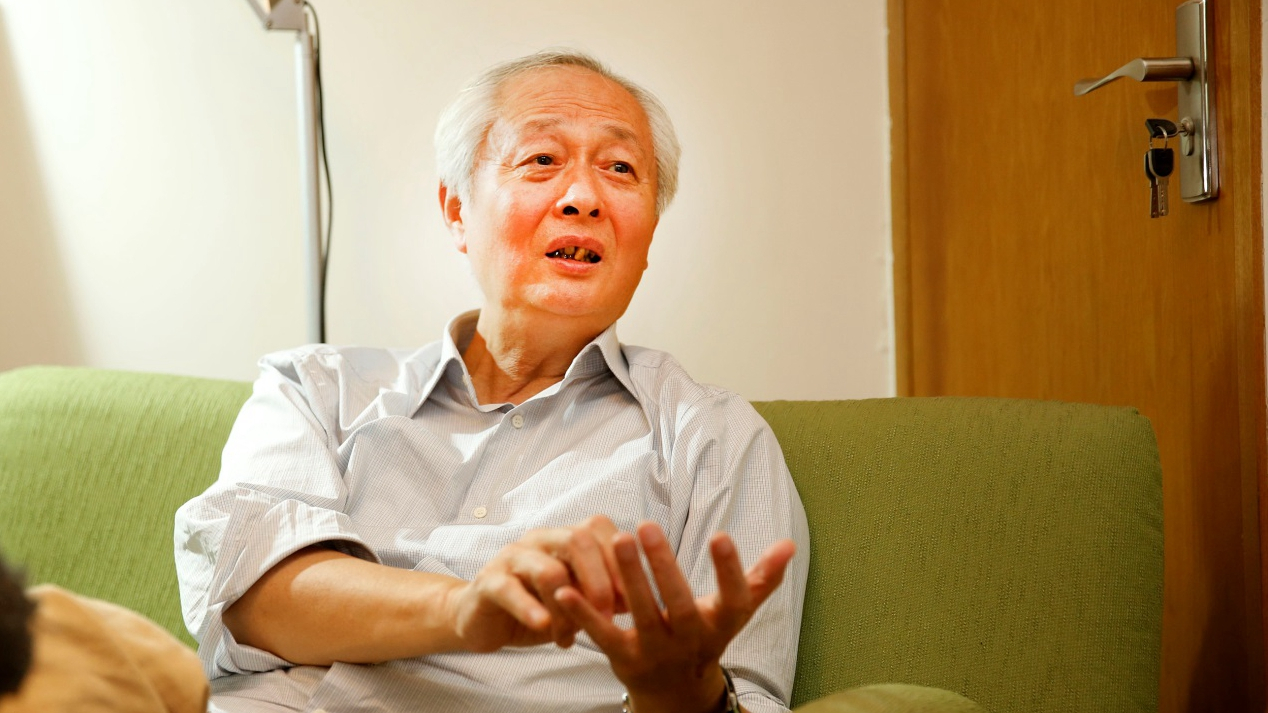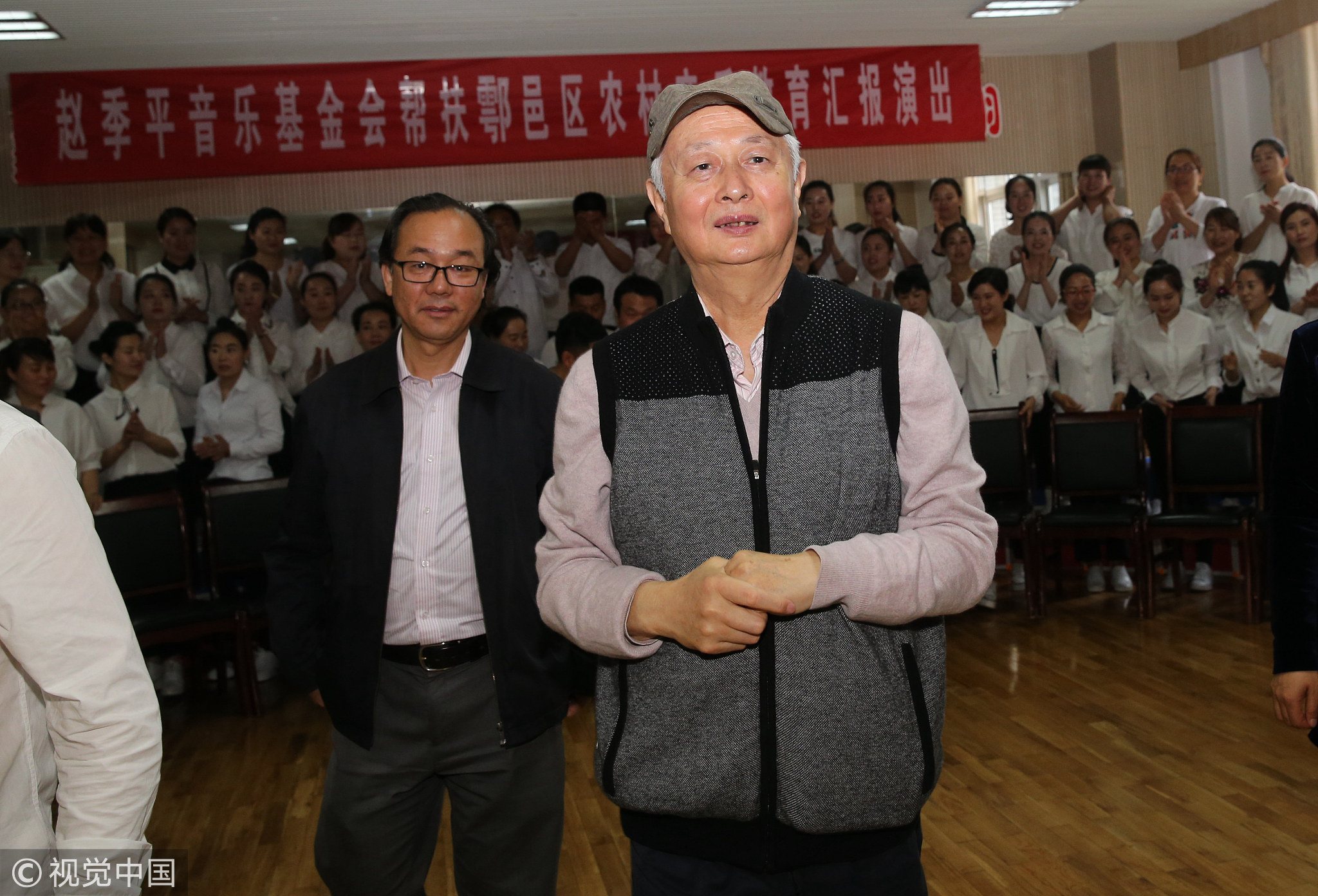
Music
20:16, 30-Nov-2018
Composer Zhao Jiping relates China's story through music
Updated
20:15, 03-Dec-2018
By Yang Ran
02:08

Zhao Jiping is a leading composer in China's contemporary music scene who is best known for his film scores for such classics as "Yellow Earth" and "Raise the Red Lantern."
His recent symphony "Feng Ya Song" (风雅颂) is promising to make another sensation for its interpretation of China's cultural spirit.
At the rehearsal hall of the Suzhou Ethnic Orchestra in East China, Zhao has been overseeing the preparations for his symphony "Feng Ya Song."
As a tribute to the 40 years since China's reform and opening up, the work drew its inspiration from the classics by Confucius, written over 2,000 years ago.
As a composer best known for his spectacular film scores since the 1980s, Zhao believes in the power of music in inspiring the widest possible audience.
"In writing music, I've made a point of making my works accessible. I regard the listeners as my equals and never created anything elaborate and complicated. That's why so many like them. People young and old can hum the tunes. Some have become part of our folk tradition," Zhao said.

Chinese music composer Zhao Jiping. /VCG Photo
Chinese music composer Zhao Jiping. /VCG Photo
Since 2000, Zhao Jiping has been focusing on combining Western techniques with China's musical traditions. His symphonic works "Sun Bird" and "Farewell My Concubine" have been applauded in Berlin. His recent "Ode to Peace" won wide acclaim for its power delivery.
"China is such a vast land with a rich cultural heritage. It is enough for a musician to explore for a lifetime. I think we should dig deeper and learn more from our musical past. Only then can we build a towering edifice of music," Zhao said.
The 74-year-old still adheres to his daily regimen of composing music every morning until noon.
He has always kept his fingers on the pulse of the time.
"I think music must come from the people and it has to bear the distinctive mark of its time. I've pursued this all through my career. In telling China's story, we must employ the artistic vocabulary unique to the country. That's the basis for an effective dialogue with the wider world," said Zhao.

SITEMAP
Copyright © 2018 CGTN. Beijing ICP prepared NO.16065310-3
Copyright © 2018 CGTN. Beijing ICP prepared NO.16065310-3